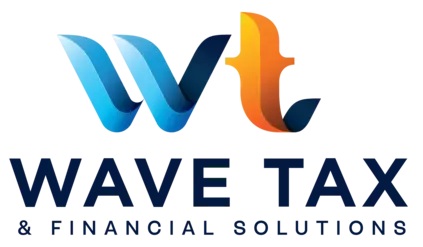🏠 The home has traditionally been the largest asset for most Americans, and in addition, it can provide financial stability by acting as a source of home equity for retirement income
Home equity is the value of the home minus any debts you have, such as a mortgage. For example, if your home is worth $300,000 and you owe $100,000 in mortgage, that’s $200,000 of home equity, or 66%.
🔸One of the biggest advantages of using home equity for income during retirement is that you have full control over how you use the funds.
📝 Among the recommended options are the following:
- Pay health care expenses;
- Remodeling your home to age in place;
- Moving to a new home or long-term care facility;
- Paying off higher interest debts, such as credit cards;
- Supplementing monthly income for living expenses.
Most seniors are reluctant to use their home equity when it comes to funding aspects of their retirement, according to a 2017 paper from the Center for Retirement Research.
Indeed, there may be significant downsides to consider, but if homeowners plan for these downsides, there is as much or more to gain.
You may also like: Why Should Independent Contractors Consider an LLC?
✅ Advantages of using equity during retirement
Tax advantages: You may be able to write off the costs of financing mortgage-backed debt when you use it to renovate your home.
Flexible funds: You can use the funds for whatever you need, with some notable exceptions, such as paying off your first mortgage with reverse mortgage funds.
Lower interest rates: Unsecured debt, such as credit cards and personal loans, typically charge higher interest rates than debt secured by the home.
Different product options: There are many types of home-secured financing options in addition to senior home equity loans, such as reverse mortgages, HELOCs or HEIs.
⛔ Some drawbacks
High costs: Examining the home and obtaining secured financing requires more work than unsecured debt, so upfront costs may be higher.
Impact on heirs: Some products, such as HEIs, facilitate the transfer of the home to heirs. Others, such as reverse mortgages, may make it more difficult.
Monthly payments: Some, but not all, mortgage-backed products require monthly payments, which can be a financial burden.
Market fluctuations: Some mortgage-backed products charge variable interest rates, which can affect the amount you have to repay, as can changes in the value of the home over time.
Credit and income requirements: Home equity products may require high income and good credit history to qualify.
At Wave Tax we always strategically advise our clients and offer them the options that best suit each of them.
✅ If you have any comments or questions, please contact us at info@wavetax.us

